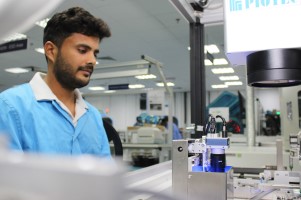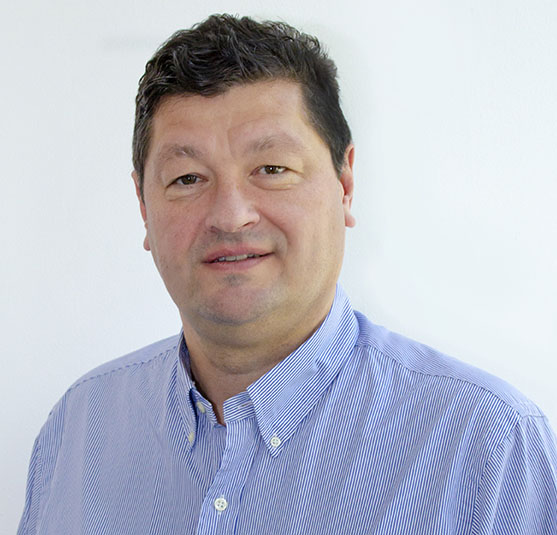Workz and ‘world’s biggest cellular module provider’ partner to deliver 50mn eSIMs for connected devices

The mobile and IoT solutions provider, Workz Group has agreed a long-term partnership with what it described as the world’s largest manufacturer of cellular IoT modules to deliver a projected 50 million embedded SIMs (eSIMs) by 2024. The deal sees Workz provide secure data generation, management and personalisation for eSIM chips to be deployed globally by the cellular module leader for use in machine-to-machine (M2M) devices.
Workz, which offers eSIM technology and cloud management platforms to device manufacturers, network operators, technology enablers and governments, was recognised in an industry report by BIS Research earlier this year as a key player in the eSIM market. Workz is the only GSMA-certified manufacturer of eSIM technology (EUM) in the Middle East and Africa.
The certification guarantees the secure management of data both physically and virtually during production and personalisation of eSIMs. Personalisation refers to the upload of the SIM’s unique information to its smart chip. Workz is one of only six providers in the world to carry such an accreditation and possesses two certified facilities located in Dubai and Bosnia and Herzegovina.

Stephane Fund
M2M eSIMs are a key component in the Internet of Things (IoT) and support the cost-efficient management, automation and remote communication of connected devices. A report by telecom analysts, Ovum forecasts that the global M2M market will grow to $93 billion (€83.08 billion) by 2022.
Stephane Fund, CEO, Workz Group says, “With two GSMA-certified facilities spread across two continents, we offer not only highly-secure eSIM production and data management within short delivery times but a scalable global solution that allows our clients to grow exponentially in accordance with future demand. This partnership will support the emerging need for secure connectivity across smart cities, automotive, energy, health and other sectors.”
Comment on this article below or via Twitter @IoTGN
